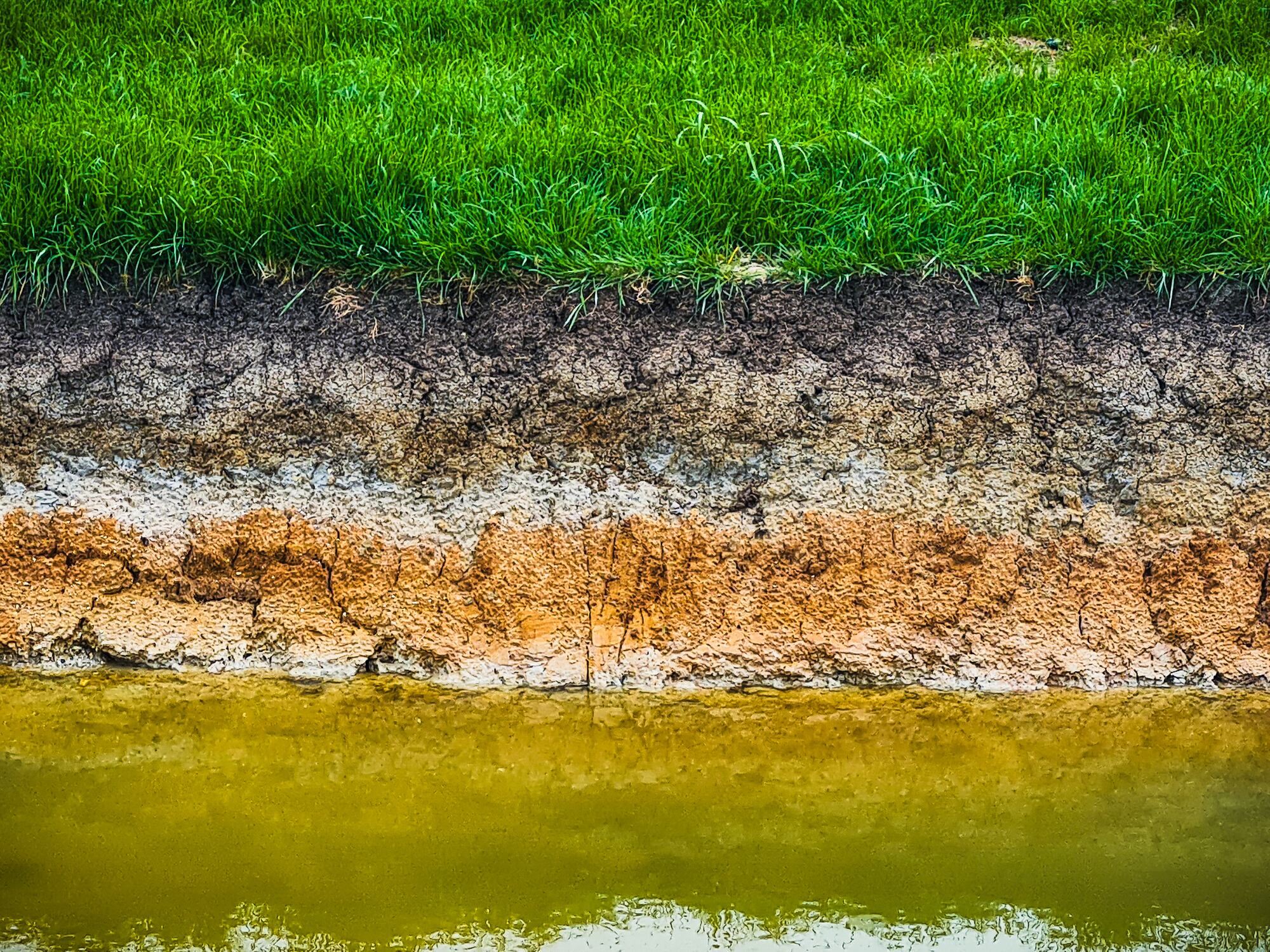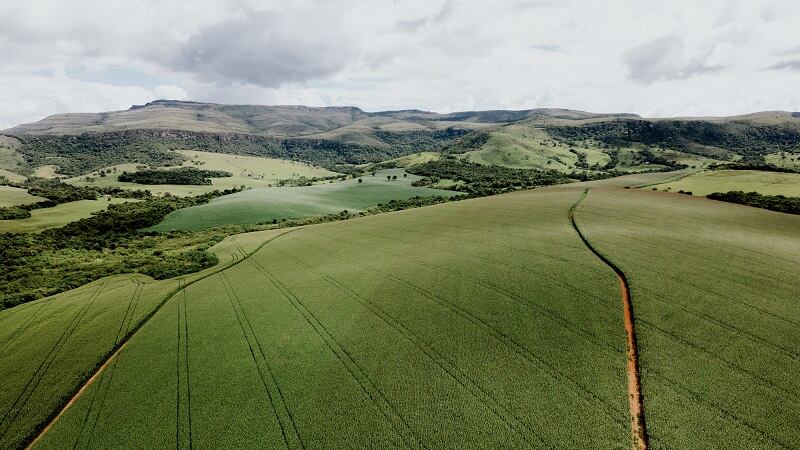In his first press conference as Minister of Agriculture, Forestry and Fisheries on October 22, Suzuki signalled a shift in direction from the former Ishiba administration, which pushed for increased rice production amid a rice shortage caused by poor harvests and increased demand.
He said that the top priority for the Ministry of Agriculture, Forestry and Fisheries (MAFF) was to drive demand for Japanese rice.
“Throughout our nation’s history, rice production has faced the major issue of declining demand and domestic consumption. Confronting this challenge has been our greatest task. In this context, I believe the government’s role is to create demand — to expand markets, including overseas.
“This should be our top priority. Once the market grows, production should then be expanded to match that market. In other words, we must think from a market-oriented perspective. It would be unrealistic to continue increasing production solely from the producers’ side.”
In addition, he added that the government should support diverse rice production to meet various needs.
“I personally believe it is important not to look at rice prices simply as an average. Some high-quality, branded varieties — like Tsuyahime from my home prefecture, Yamagata — are in demand even if they are expensive.
“On the other hand, rice used in the food service industry must be reasonably priced, otherwise, they will turn to cheaper imported rice instead. To prevent this, I think the MAFF must work with producers to promote diverse production that can meet different market needs.”
Suzuki succeeded Shinjirō Koizumi, who served for five months after taking up the post in May 2025.
Reassuring rice farmers
Suzuki highlighted that rice farmers were most worried about an uncertain outlook, with many concerned about fluctuating prices and future demand.
“When I speak with people on the ground, the most common concern I hear is: Rice prices are high this year, but will things be all right next year? And what about the year after that? These are the worries that many producers share with me when I visit the field.
“Therefore, I believe it is the government’s responsibility to ensure stable price trends so that such anxieties do not arise, so producers do not have to worry about sudden price crashes or feel compelled to stop production next year or the year after.”
He added that it was the MAFF’s responsibility to provide producers with clear guidance so they can plan for the future.
“The role of the MAFF is to clearly communicate indicators, such as what production levels are expected next year, and to send a clear message on how to maintain a stable production environment. Together with producers on the ground, we want to build a situation where they can plan ahead with confidence.”





